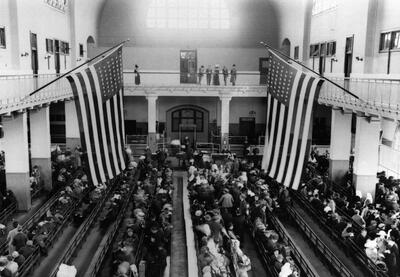Our searchable library of short texts offers a diverse mix of stories and perspectives. This multigenre, multimedia collection aligns with the Common Core's recommendations for text complexity and the Learning for Justice Social Justice Standards.
Choose from informational and literary nonfiction texts, literature, photographs, political cartoons, interviews, infographics and more. You can also filter by text type, grade level, subject and topic.
“The leveled texts have really helped me engage students and introduce them to complex topics in a way they can understand.”

